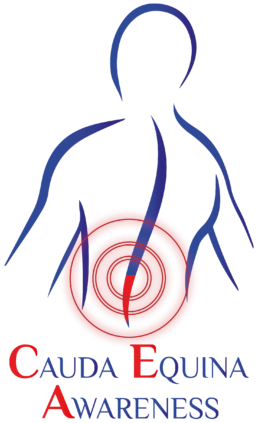Case Study B
B suffered Cauda Equina Syndrome after a failure by the hospital to arrange an urgent MRI scan on Christmas Eve despite having “red flag” symptoms.
Background
B had a long history of back pain. In September 2013 he consulted his GP when he developed pain in the lower back, both buttocks and down both legs.
His GP told B to come back if his symptoms deteriorated and prescribed him pain killers. From November 2013 B attended weekly sessions with an osteopath but the pain in the back and lower legs worsened. On 10 December 2013 B attended his GP complaining of sciatica in both legs. The GP prescribed
further painkillers and requested an MRI scan.
By the evening of 23 December 2013 B’s symptoms had deteriorated. He noticed difficulty passing urine and getting an erection. He also noted reduced sensation around his anus.
On the morning of 24 December 2013, B noticed the pain had progressed and he was suffering from shooting pains down his legs into his calves with pins and needles. His assessment included an anal tone test. He noticed reduced sensation around B’s anus and groin and difficulty urinating. B attended his GP.
The GP carried out an examination and recorded reduced anal tone, saddle anaesthesia and difficulty urinating.
The GP telephoned the hospital to arrange an orthopaedic assessment and an MRI scan that day, to rule out Cauda Equina Syndrome.
B attended hospital on 24 December 2013 and was seen by a junior doctor. B advised the doctor of his symptoms. The junior doctor discussed the case with her registrar (who significantly did not examine B) and she then performed an anal tone test. Having determined B had normal anal tone, an MRI scan was not
arranged. B was told he was suffering from back pain and was sent home.
B remained in severe pain over the Christmas period. He continued to suffer with numbness and by the new year he had experienced episodes of urinary incontinence.
On Friday 3 January 2014 B finally underwent the MRI scan which his GP had requested on 10 December 2013.
On 6 January 2014, B was contacted by his GP advising that the MRI report showed an L4/5 central disc protrusion. B was urgently assessed in hospital and diagnosed with Cauda Equina Syndrome. Spinal decompression surgery was performed on 7 January 2014.
Outcome
B was left with bowel incontinence, urinary incontinence, sexual dysfunction, neuropathic pain causing electric-shock sensation in both legs, low back pain and stiffness, motor weakness of both feet, when walking, balance disturbance, fatigue and psychiatric illness.
B was married with two young children. He was left with significant ongoing limitations and greatly, diminished his ability to work. B successfully brought a claim against the Defendant Trust for the failure to perform an MRI scan on 24 December 2013. If this scan was performed it would have confirmed compression of the cauda equina and have led to surgery within 24 hours. B settled his case for a six figure sum.
